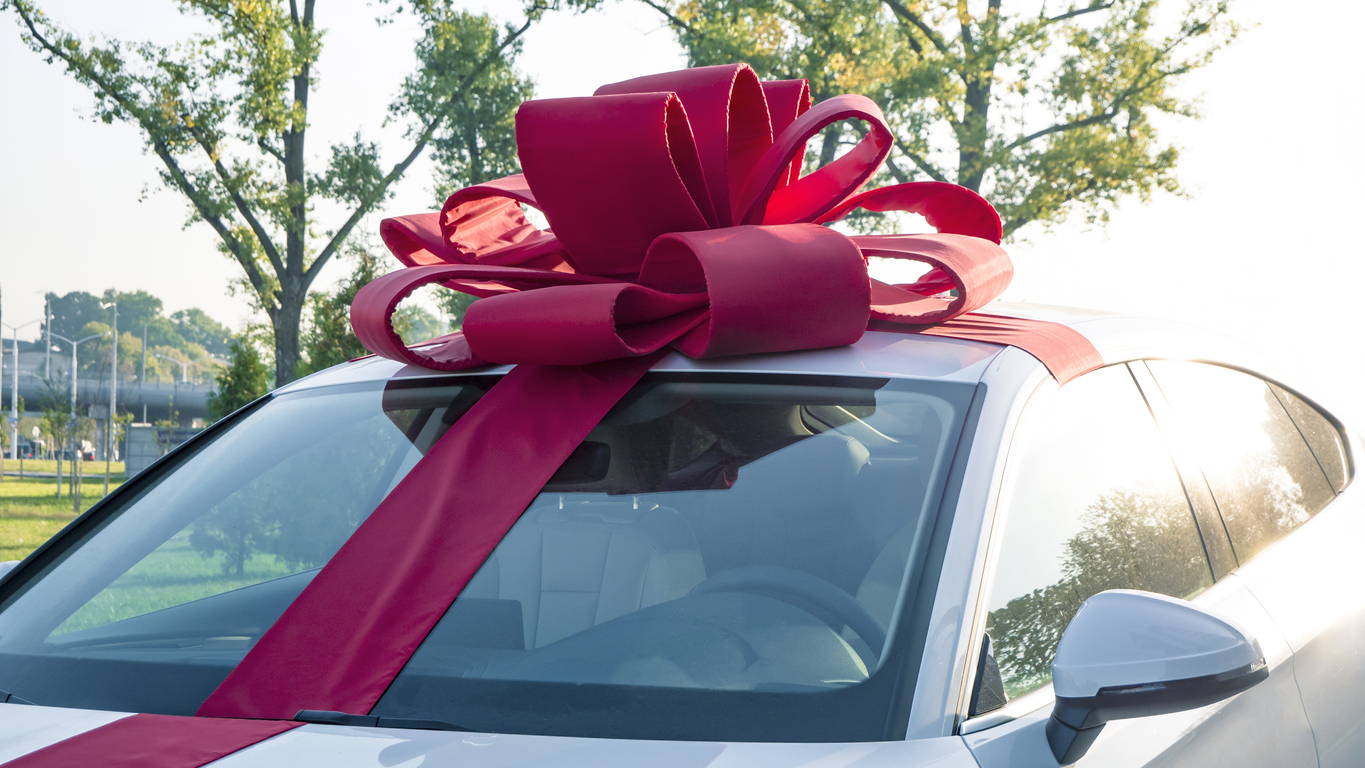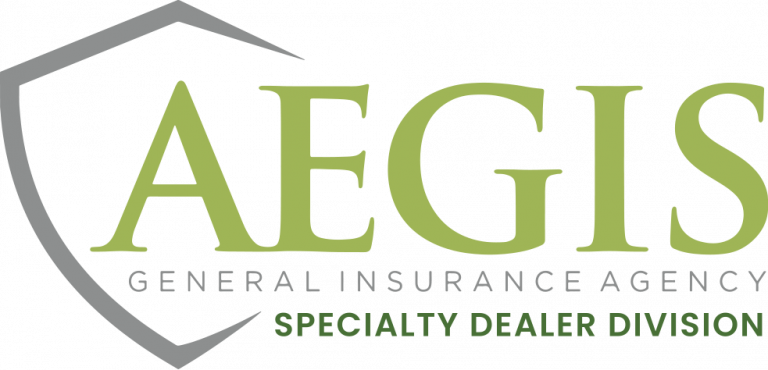Christmas is just a few weeks away, and many of your car dealer clients are likely neck-deep in a buying frenzy that will spill over into the early part of next year. As your clients probably already know, people love giving cars for gifts almost as much as people love receiving them.
But as with all purchases, there is a downside to car sales, which are returns. As car dealers, your clients will have to face up to the possibility of buyers‒or receivers‒being unsatisfied with their vehicles for whatever reason. And often, returns can result in lost time, money, and effort, not to mention the inconvenience.
Of course, insurance can cover many of the issues faced by car dealers. This is why getting used auto dealer insurance is standard practice in the industry. Your clients probably already have adequate coverage for most risk exposures. But if they don’t, you should advise them to sign up for insurance as soon as possible.
But what about the issue of returns? Even with insurance, your clients may find themselves at a loss when a buyer wants to return a vehicle. This may also be the case if a person is gifted a car and they don’t like it for some reason.
Can buyers return used cars that they’ve bought? Well, it depends. In most cases, car dealers aren’t legally obliged to accept a return and issue a refund or allow an exchange after the sales contract is signed.
On the other hand, some dealers do accept returns if the car has severe mechanical problems or if the buyer is unsatisfied with the purchase. Others will only allow returns under special circumstances. Your client will have to make a judgment call depending on their policy or the specifics of the case.
If returning the car isn’t an option
What are your client’s options if someone wants to return a car? If the dealership in question allows returns, they could do any of the following:
- Refund the customer’s money. Most dealerships will understandably be reluctant to take this course of action. It adds another layer of complexity to accounting and bookkeeping, for one thing. For another, having to return the money one has already made tends to leave a bad taste.
In any case, if your client does go for this option, they would usually be within their legal rights to refund less than the purchase price the customer initially paid. In the used car business, it’s common knowledge that a vehicle’s value decreases the moment it leaves the car lot. Therefore, customers can’t reasonably expect to get all their money back. Some car dealers even charge a ‘restocking’ or ‘processing’ fee.
- Exchange the car for another one. Your clients may be more amenable to this option‒if they allow returns in the first place. The way it works is the customer returns the car they previously bought for another one that the dealer has for sale.
Of course, the same caveat concerning reduced value applies. The price of the returned vehicle will be lower than when it was initially purchased. This will have to be considered when comparing the relative cost of the cars to be traded.
As for the customers, they don’t have a lot of options if the car dealer doesn’t accept returns. Their alternatives include:
- Reselling the car. This could be the only option customers have for getting rid of a car they don’t like. But it isn’t easy, and they almost certainly won’t get back the equivalent of what they paid initially. Furthermore, good luck explaining the sale to the person who gave them the car as a gift!
- Voluntary repossession. Applying for voluntary repossession may be an option for those who purchased the car for themselves if they can’t make the monthly payments. The downside is that the lender could still report the incident to the buyer’s credit bureau. This often affects their credit score the same way as defaulting on a loan and makes it more difficult to secure another car loan in the future.
- Refinance their car loan. Buyers could also opt to refinance their car loans. This option effectively extends the term or reduces the interest rate on the car loan and is a common solution for those that find their monthly payments too steep. This is generally a better alternative than voluntary repossession, as it won’t affect the customer’s credit score.
About K2 Insurance Services
Your used auto dealership clients will benefit considerably from the risk protection that K2 provides. Apart from the full range of insurance coverages, K2 also offers an ACH payment system that bills your clients directly. Call us today at (866) 429-1638 to find out how you can partner with the leading name in auto dealership insurance.













